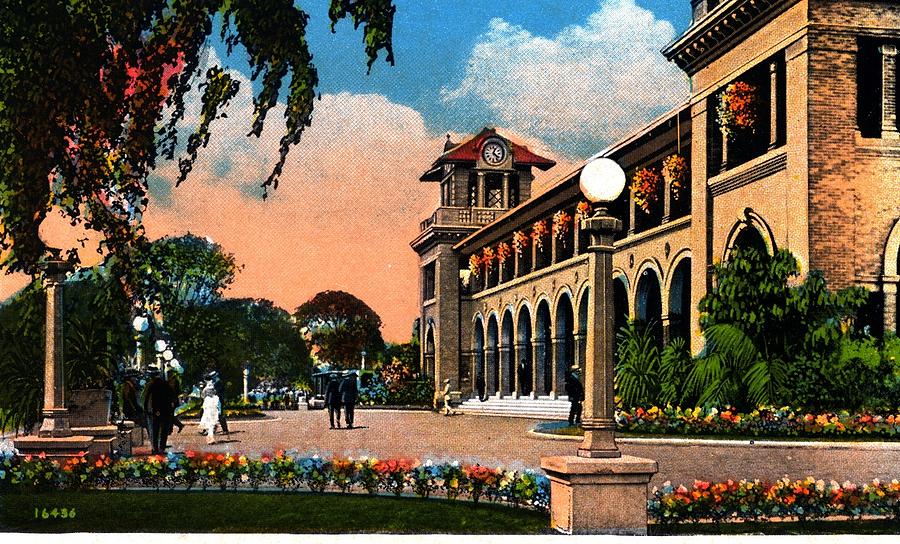Belle Isle Casino Detroit

One of the first structures built on Belle Isle after it became a park was the first Belle Isle Casino, opening in June 1887. There was no gambling in this type of casino, which relies more on the traditional definition of the word, meaning a building used for meetings, entertainment, dancing and the like. Belle isle casino detroit location. belle isle casino detroit address. belle isle casino detroit. belle isle casino detroit.
'Meet me at the Casino.'
My DJ Setup at Belle Isle Casino Address: 1 Casino Way, Detroit, MI 48209 Thank you for watching! Www.dj-joeyk.com facebook.com/djjoeykmusic mixcloud.com/djj. Belle Isle Park, known simply as Belle Isle (/ b ɛ l ˈ aɪ ə l /), is a 982-acre (1.534 sq mi; 397 ha) island park in Detroit, Michigan, developed in the late 19th century. It consists of Belle Isle, an island in the Detroit River, as well as several surrounding islets.
For more than 20 years, year-round, those five words were included in almost every plan for get-togethers, picnics and romps in the snow on Belle Isle.


Among the earliest structures after Belle Isle opened as a park was its first casino, a wooden structure designed by the Detroit firm Donaldson & Meier, which opened in June 1887.
The casino was considered a model for the country at the time it was built. Recreation-seeking Detroiters could grab a bite to eat there, or seek some shade or dry ground in case of rain. Others relaxed with a good book or gathered to play cards under its roof.
Belle Isle Casino Detroit Address
'Through the heat and cold, in season and out of season, the casino has done service,' the Detroit Free Press noted in 1908. 'Were those old walls to speak, they could tell strange tales, for the people who found a shelter beneath the roof ... were gathered from all walks and conditions of life.'
But the structure was made of wood and had already started to show its age by the turn of the century. And by 1900, Detroit had outgrown its quaint little casino, and talk began about replacing it with something newer, bigger and more grand.
Belle Isle Casino Detroit Rental
In the spring of 1908, a new casino, designed by the firm Van Leyen & Schilling, opened just to the south of the old one. Parks commissioners looked at whether the old building could be disassembled and put back together again at another location in the park, but the cost was deemed too high. It was decided that the old landmark should be razed, and workers started bringing it down that March.
'To countless thousands, not only in Detroit bur throughout Michigan and the country at large, announcement that the old casino at Belle Isle is being demolished will be a source of sincere regret,' the Free Press wrote as workers started taking leveling the building to 'which so many fond memories cling.'

One of the first structures built on Belle Isle after it became a park was the first Belle Isle Casino, opening in June 1887.
There was no gambling in this type of casino, which relies more on the traditional definition of the word, meaning a building used for meetings, entertainment, dancing and the like. The city’s first stab at a casino was designed by the firm Donaldson & Meier, and offered Detroiters a place to rest, grab a bite to eat or seek shelter from nasty weather. However, it was made entirely of wood, and after only two decades, was already showing its age. With the city’s fortunes and population both swelling, a decision was made to build a new, larger casino nearby.
When the current structure opened in May 1908, the old one was demolished.

The current Casino, designed by Van Leyen & Schilling — not Albert Kahn, as often misattributed — continues the tradition of serving as a meeting place and event spot, hosting everything from fairs to weddings. The casino was one of the most popular attractions on the island. Its centerpiece was a beautiful marble soda counter, which was tragically pounded to pieces in 1972 during a misguided attempt at modernizing the historic structure.